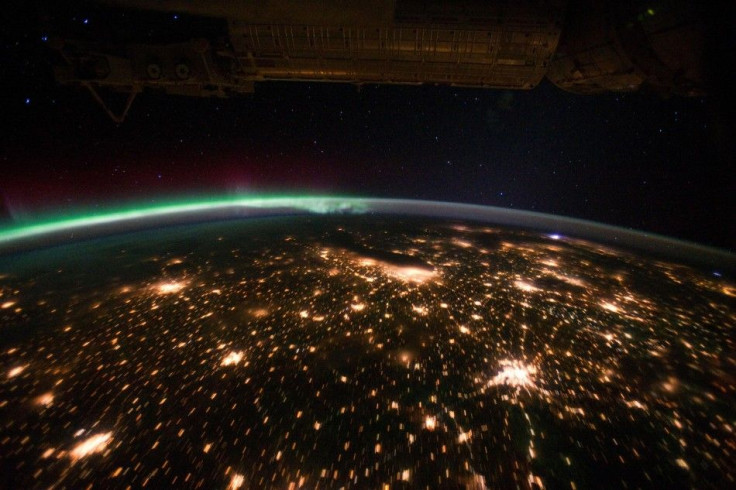America at the Brink of Commercial Space Travel

Boeing has announced plans to bring hundreds of jobs to Florida by moving its passenger spaceship program to the Kennedy Space Center in Cape Canaveral, Fla. The consolidation of Boeing's commercial space taxi program, known as the Commercial Crew program, will begin as a cooperative with NASA, and eventually, the passenger spacecrafts built in Florida could be used for commercial travel.
We project a Commercial Crew program workforce ramping up to 550 local jobs by our scheduled operation date of December 2015, said VP of Commercial Programs for Boeing Space Exploration John Mulholland. The [spacecraft] will provide NASA with reliable, safe and affordable transportation to the International Space Station and other destinations in Low Earth Orbit.
Boeing isn't the only company interested in investing in private space taxis: Earlier this year, NASA handed out contracts to four companies — Blue Origin, Sierra Nevada, SpaceX and Boeing — that aimed to spur the creation of privately owned spacecrafts in order to replace government-owned space shuttles that were retired earlier this year. When the NASA space shuttle fleet was retired, many facilities, such as launch sites, became available for use by other organizations.
Business executives from each of the four companies interested in commercial space flight spoke this Wednesday in front of the House Committee on Science, Space and Technology. Lawmakers remained largely skeptical of the private market for human space flight.
I think that NASA owes Congress and the laudable companies that are before us today a much more thorough assessment of the situation ahead, said Committee Chairman Ralph Hall (R-Tx). These companies have invested millions of dollars and Congress has committed millions more-it is time for NASA to deliver credible plans and analysis so that we can move forward with more confidence.
According to the Committee press release, commercial crew launch systems won't be operational until around 2017. Until then, NASA must rely on Russia's Soyuz launch system to bring American astronauts to the International Space Station (ISS).
In order to fly on the Russia Soyuz launch system, NASA must pay roughly $56 million per seat through 2013. The price of each seat is expected to increase to approximately $62.7 million per seat by 2014. Executives from the companies interested in commercial space travel believe they can provide seats to the International Space Station at a much lower cost — a cost that will be subsidized by low-orbit travelers.
There is ample evidence of a demand for spaceflight beyond NASA, though it has yet to emerge as a substantial operational secondary market, said CEO and CTO of SpaceX Elon Musk.
Chairman Hall remained skeptical of the confident claims made by the space travel entrepreneurs saying that their immense undertaking could put the government in the position of supporting, or bailing out, commercial companies, according to an MSNBC report. Musk personally guaranteed that taxpayers would not have to bail out his company.
While Congress remains weary of committing itself to commercial space travel, President Obama did praise the deal between Space Florida, an aerospace economic development agency of the state the runs the Kennedy Space Center, and Boeing.
My administration will be pressing forward, in partnership with Space Florida and the private sector, to create jobs and make sure America continues to lead the world in exploration and discovery, he said in a written statement. According to President Obama's 2012 budget, the administration would like to invest $850 million in the commercial space industry.
© Copyright IBTimes 2024. All rights reserved.



















